So you (or your child) finally took the plunge and signed up for music lessons! Regardless of which instrument you have decided to study, making the choice between purchasing or renting can be mind-boggling, especially for first time students.
Renting
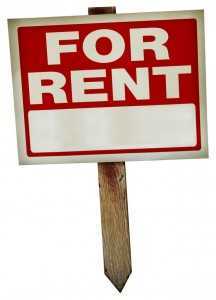 Many students taking lessons for the first-time may opt to rent an instrument as it’s a good way to acquire an instrument without the burden of a large initial investment. Renting is a good option for students who are unsure of how much commitment they may be able to offer. Many rental programs offer a three month trial period which gives students a decent amount of time to try out the instrument before deciding if they’d like to continue. Rentals are also a good option for younger students learning a stringed instrument as they will often require size upgrades as they grow. Many programs allow you to switch out to a larger size or to a different instrument altogether should the student change their mind. Instruments will also most likely need repair or maintenance from time to time which can be costly. Many rental programs usually cover these repair costs at little to no additional fee depending on what the program covers
Many students taking lessons for the first-time may opt to rent an instrument as it’s a good way to acquire an instrument without the burden of a large initial investment. Renting is a good option for students who are unsure of how much commitment they may be able to offer. Many rental programs offer a three month trial period which gives students a decent amount of time to try out the instrument before deciding if they’d like to continue. Rentals are also a good option for younger students learning a stringed instrument as they will often require size upgrades as they grow. Many programs allow you to switch out to a larger size or to a different instrument altogether should the student change their mind. Instruments will also most likely need repair or maintenance from time to time which can be costly. Many rental programs usually cover these repair costs at little to no additional fee depending on what the program covers
However, instrument rentals are not without disadvantages. In the long run, costs can add up. A year of instrument rental fees is about equal to the cost of purchasing a starter or used instrument in good condition. Some programs may add on insurance fees or other surcharges as well. Additionally, many rental programs are rent-to-own which may ultimately lead to paying much more than what the instrument is worth. Rental instruments also tend to be used, and you are most likely not the first person to rent the instrument. There may be small damages on the instrument such as dents or sticky valves. They also tend to be older and may need regular repairs or maintenance. And in the event the instrument is lost or stolen there may be high fees, so it would be best to look into a rental program that offers protection in such events should you choose to go the rental route.
Buying
Buying an instrument may seem like a risky investment at first, especially if this is the first time you’re taking music lessons. However, there are a few advantages when it comes to buying an  instrument. In the long run purchasing an instrument can actually be cheaper than renting an instrument, especially if the instrument you’re purchasing is a starter or used. For example, a year of rental fees for a full sized violin may equal or be similar to that of the purchase of a starter one. Additionally should you decide to stop lessons the instrument may be resold, either to a local or online music shop. Keep in mind you will most likely be offered below retail price for the instrument, but you will get some money back. Owning an instrument can also give the student a sense of pride. This may lead to increased practicing as well as motivation in learning the instrument.
instrument. In the long run purchasing an instrument can actually be cheaper than renting an instrument, especially if the instrument you’re purchasing is a starter or used. For example, a year of rental fees for a full sized violin may equal or be similar to that of the purchase of a starter one. Additionally should you decide to stop lessons the instrument may be resold, either to a local or online music shop. Keep in mind you will most likely be offered below retail price for the instrument, but you will get some money back. Owning an instrument can also give the student a sense of pride. This may lead to increased practicing as well as motivation in learning the instrument.
Like all things, purchasing an instrument can have drawbacks. Selecting the best instrument for you can be overwhelming, especially as a beginner who may be unsure what characteristics to look for. This may result in owning a lower quality instrument or one that is a poor fit. It’s best to take note of the store’s return policy. Similar to owning your own home as opposed to renting, any repair costs would be covered solely by you unless you have purchased separate insurance to cover these kind of issues. While the costs for repairing an instrument are usually not astronomically high, these costs may add up over time.
Regardless of whether you choose to rent or buy your first instrument it is important to weigh the pros and cons based on your individual needs. For those who are still unsure whether to rent or buy, it may be best to seek out the advice of a professional such as an instructor. Here at Musika, we may put you in touch with one of the great instructors in our network who’d not only be able to give a trial lesson but offer recommendations on obtaining an instrument as well!

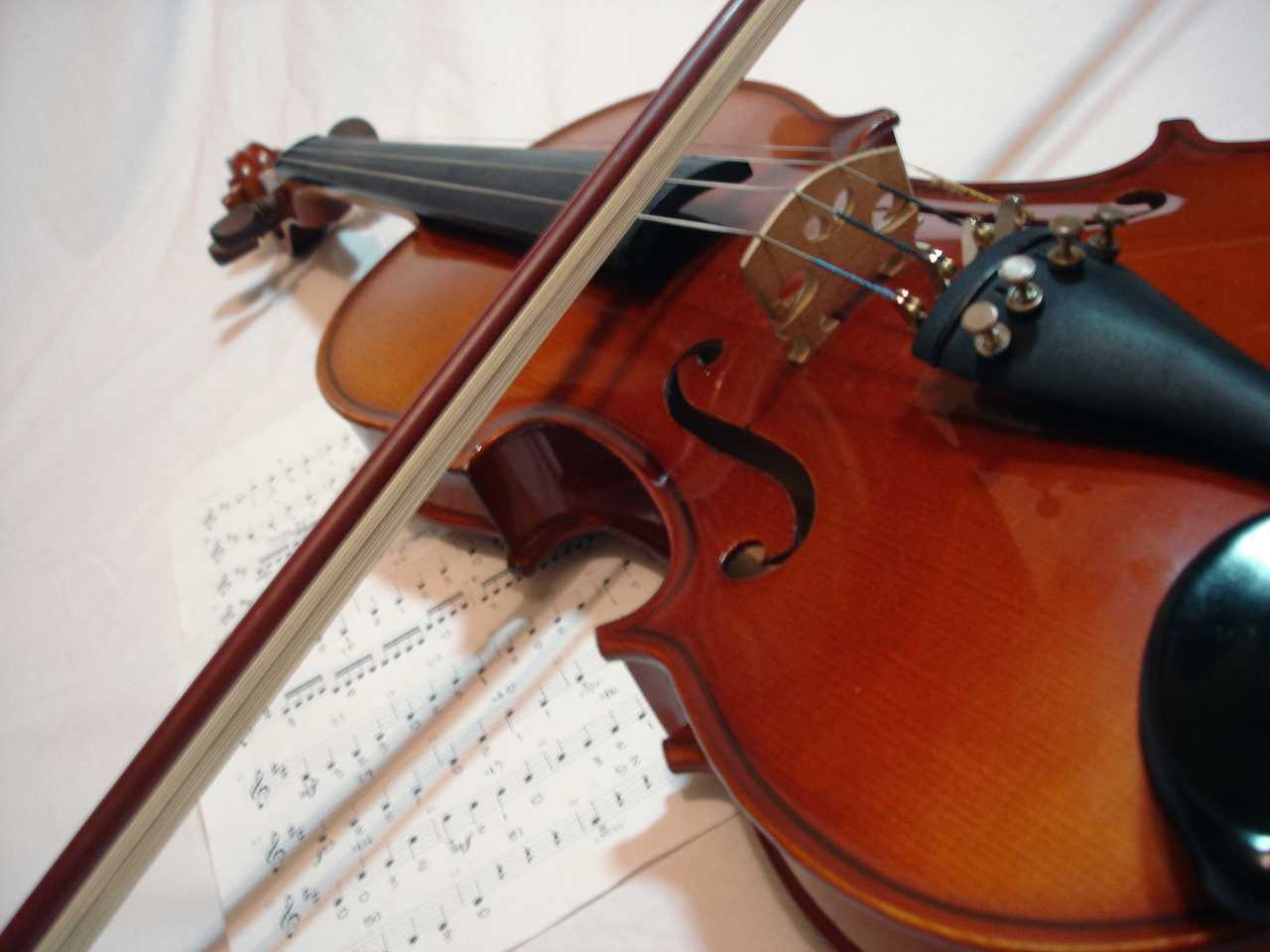
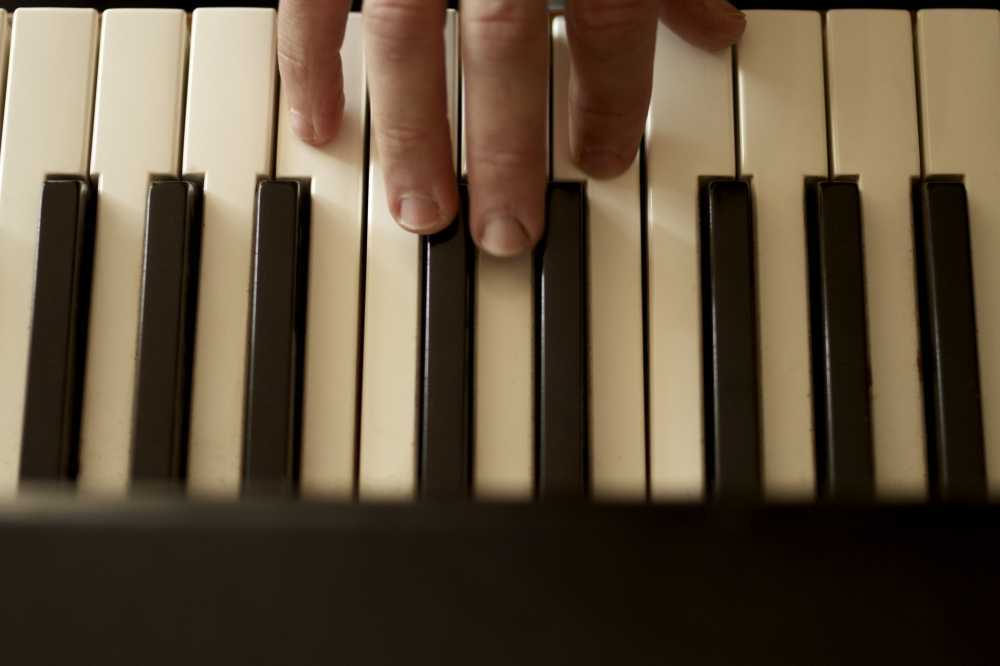
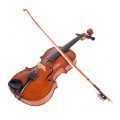
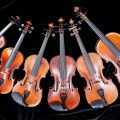
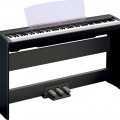


I like that there is an option for renting, as you said, in the case of a beginner and trying to decide if and how long they want to play their string instrument for. Growing up I benefited from instrument renting. I was able to decide which instrument I wanted to play without my parents having to buy me every possible string instrument out there. Although it is more in the long rung if you rent long term, it is very beneficial if you won’t be playing very much or long. I’ll be passing this on to my husband for our children once their older!